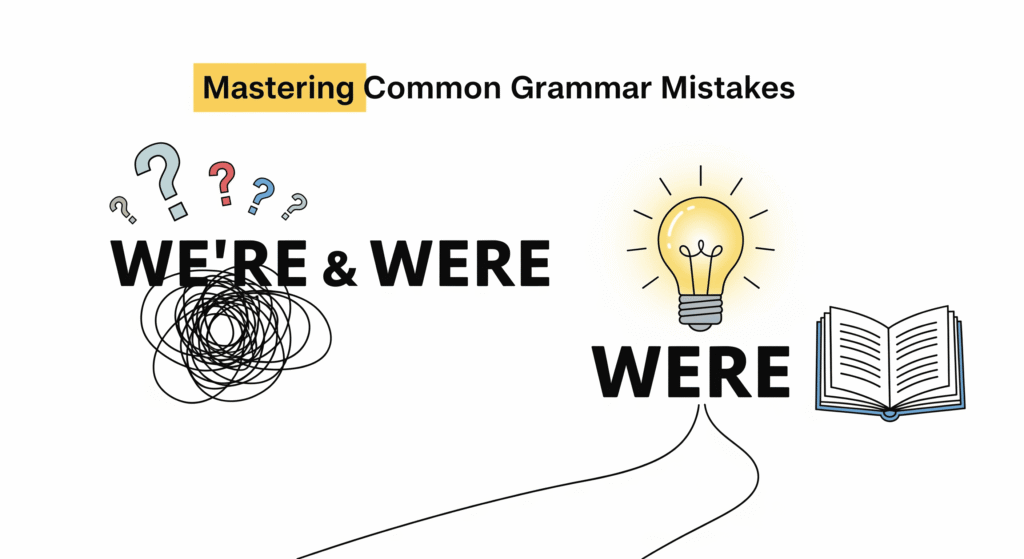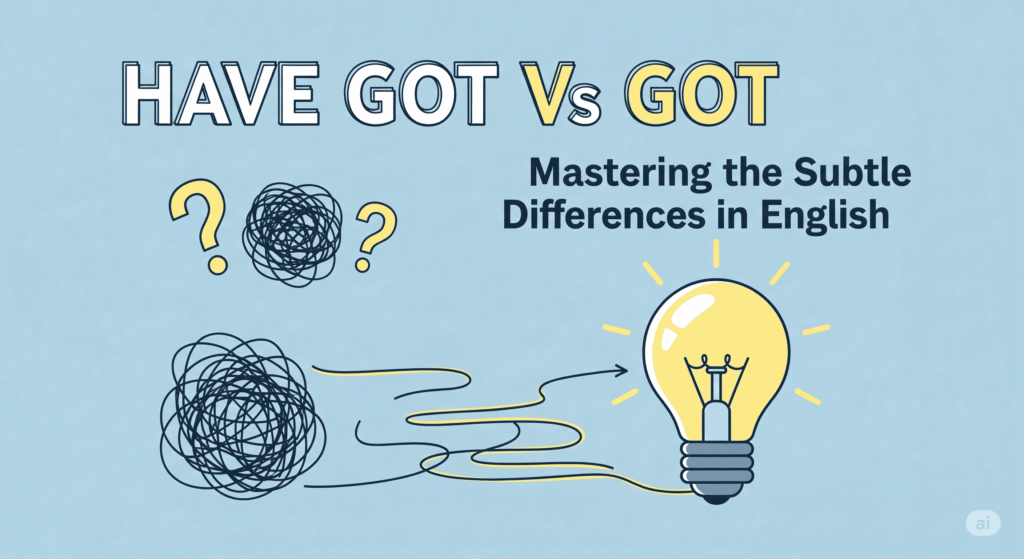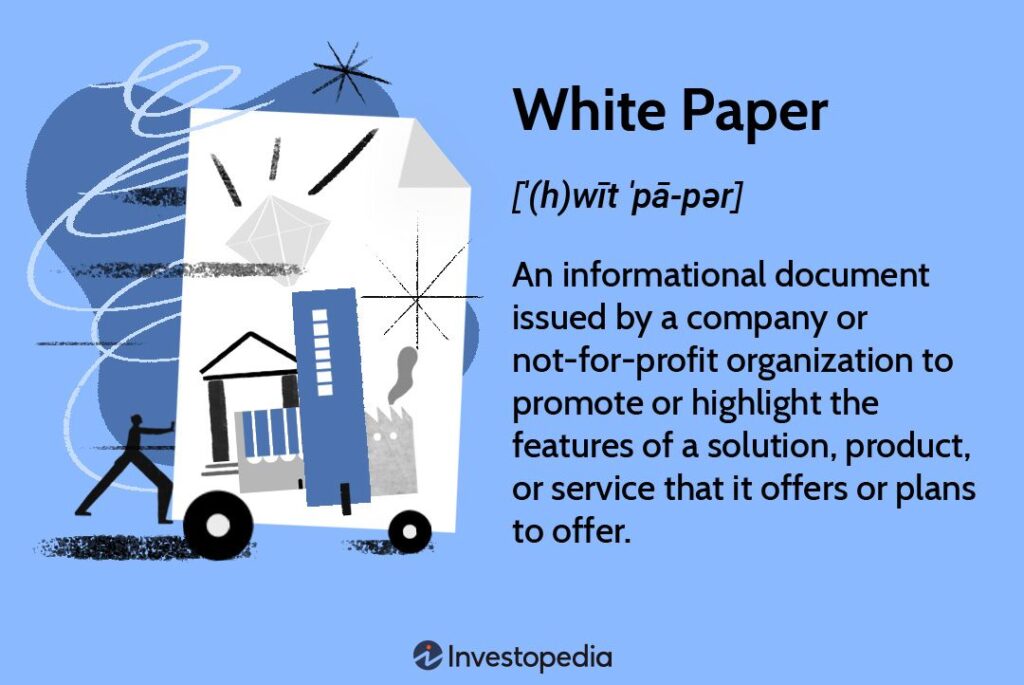How JavaScript Links Are Invisible Traffic Killers (And How to Fix Them)
Your website might look flawless to visitors. Navigation works smoothly, menus are interactive, and users reach the pages they want. But what if Google—and AI crawlers like ChatGPT—can’t follow your links? This is exactly what happens when websites rely too heavily on JavaScript-based navigation. These links are invisible to crawlers, meaning entire sections of your …
How JavaScript Links Are Invisible Traffic Killers (And How to Fix Them) Read More »










